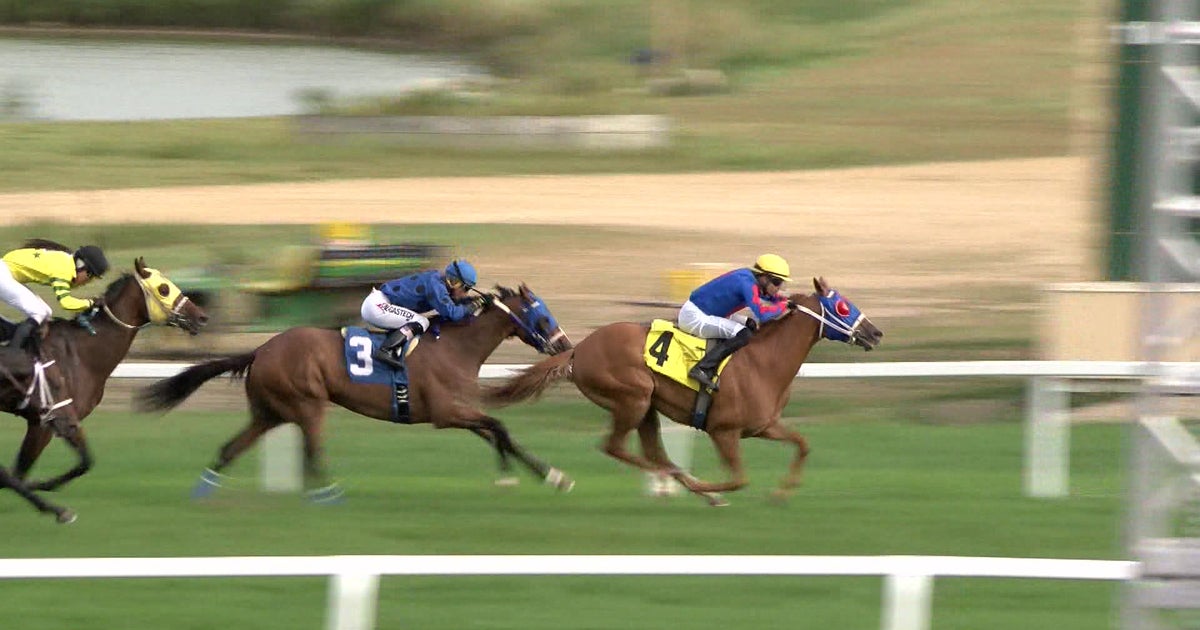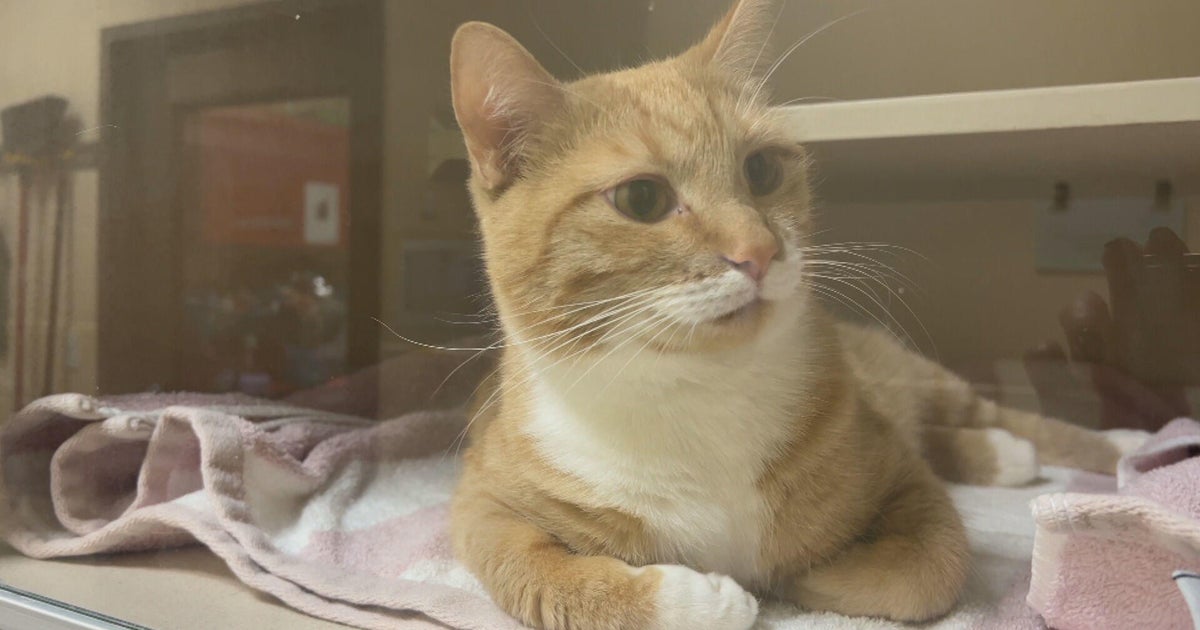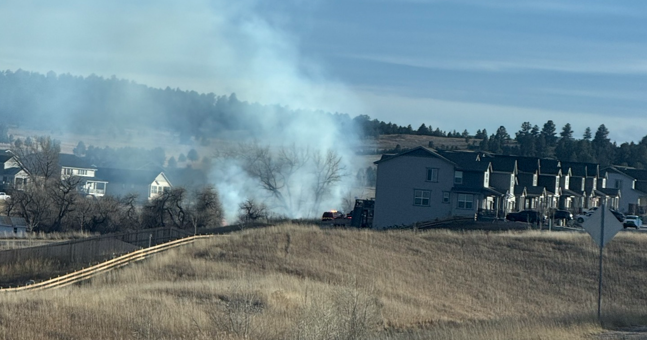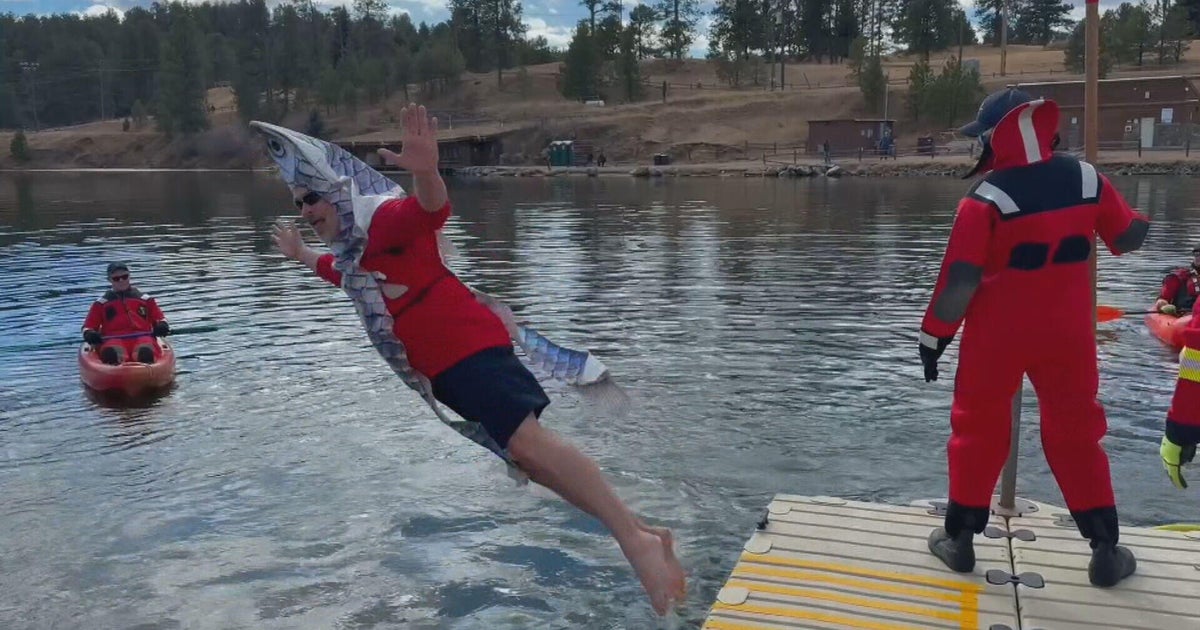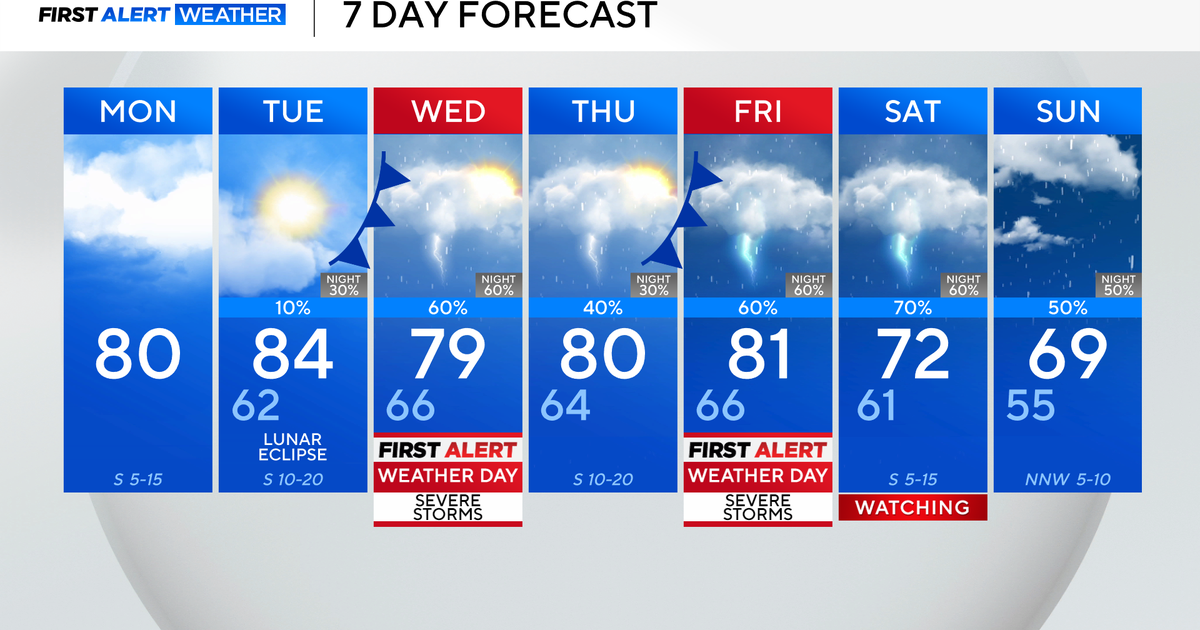Outbreak Of Herpes Virus Threatens Horses
ST. PAUL, Minn. (WCCO) -- At the stables of We Can Ride -- a nonprofit that provides horses as riding therapy for people with disabilities -- keeping a healthy herd is vital to the operation.
And that's why all 16 horses are regularly immunized against the threat of illnesses, such as Equine Herpesvirus 1.
"The main concern is that we don't bring the virus into our herd, so we aren't allowing any horses to go out of or come into our property," said Program Director Loveaya Magnus.
Good advice, considering that seven horses from other Minnesota and Wisconsin counties weren't so lucky after contracting the EHV-1 virus. Three of the horses became so sick their owners had no choice but to euthanize the animals.
EHV-1 normally causes symptoms of fever and respiratory distress, much like a bad cold in humans. But occasionally, it can morph into a more deadly neurologic form of the virus and cause serious and potentially deadly neurologic damage.
"And when it gets into the nervous system of a horse it causes damage to the nervous system and then you have horse owners concerned because it's more difficult for them to recover," said University of Minnesota veterinary professor Stephanie Valberg.
Dr. Valberg said because the virus is spread primarily by horse-to-horse contact, such as sharing water and feed buckets or even grooming equipment, it's absolutely vital to identify and then isolate infected horses.
"It has problems when taking horses to shows and congregating like kids at day cares," she said. "When they mix the immunized horses with the not immunized, that's when we see an outbreak."
Quick action to identify the virus and quarantine the affected farms and ranches has really helped reduce the current outbreak. According to the Minnesota Board of Animal Health, there have not been additional confirmed cases since March 21.
That gives hope that a wider outbreak of EHV-1 can be contained and minimized.
On Wednesday, March 26 at 7 p.m. veterinarians will hold a live webinar to answer questions regarding the virus.
More information is posted on the Facebook page of the University of Minnesota Equine Center.



